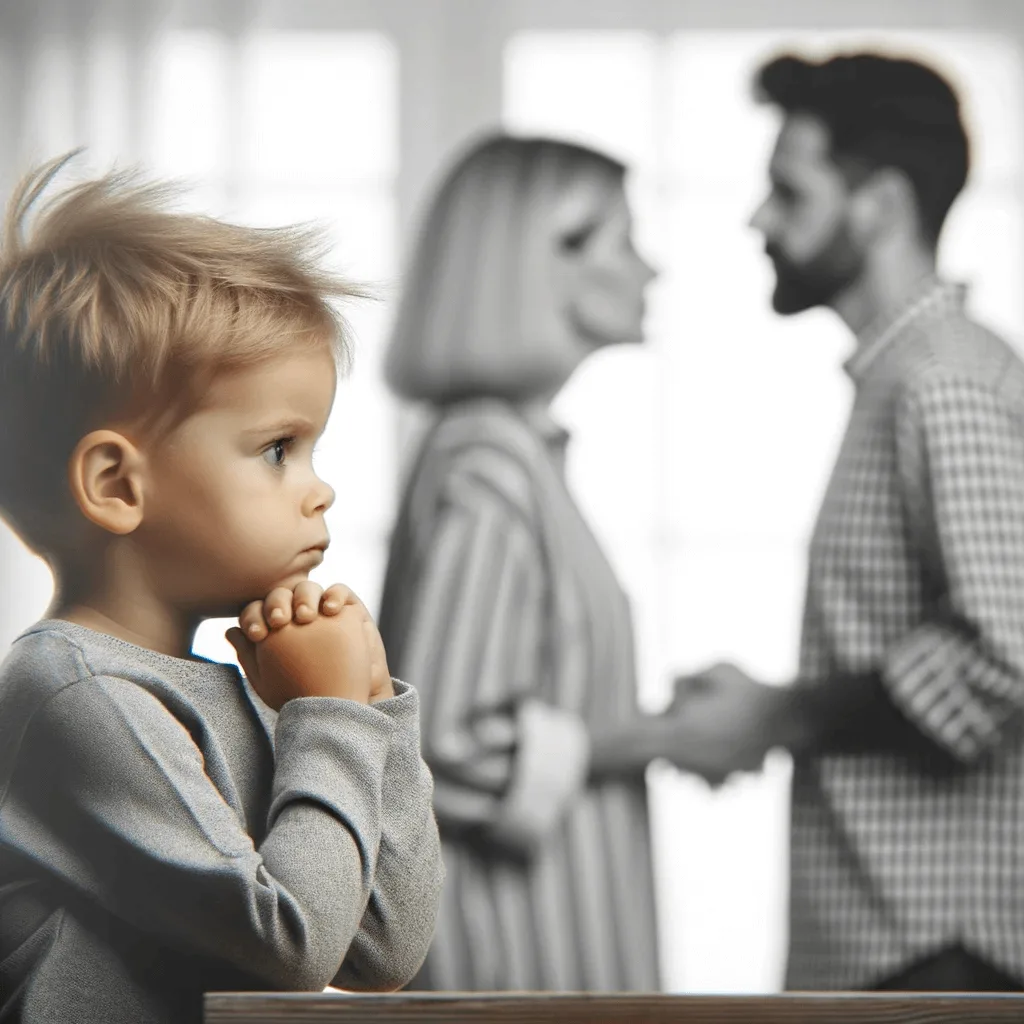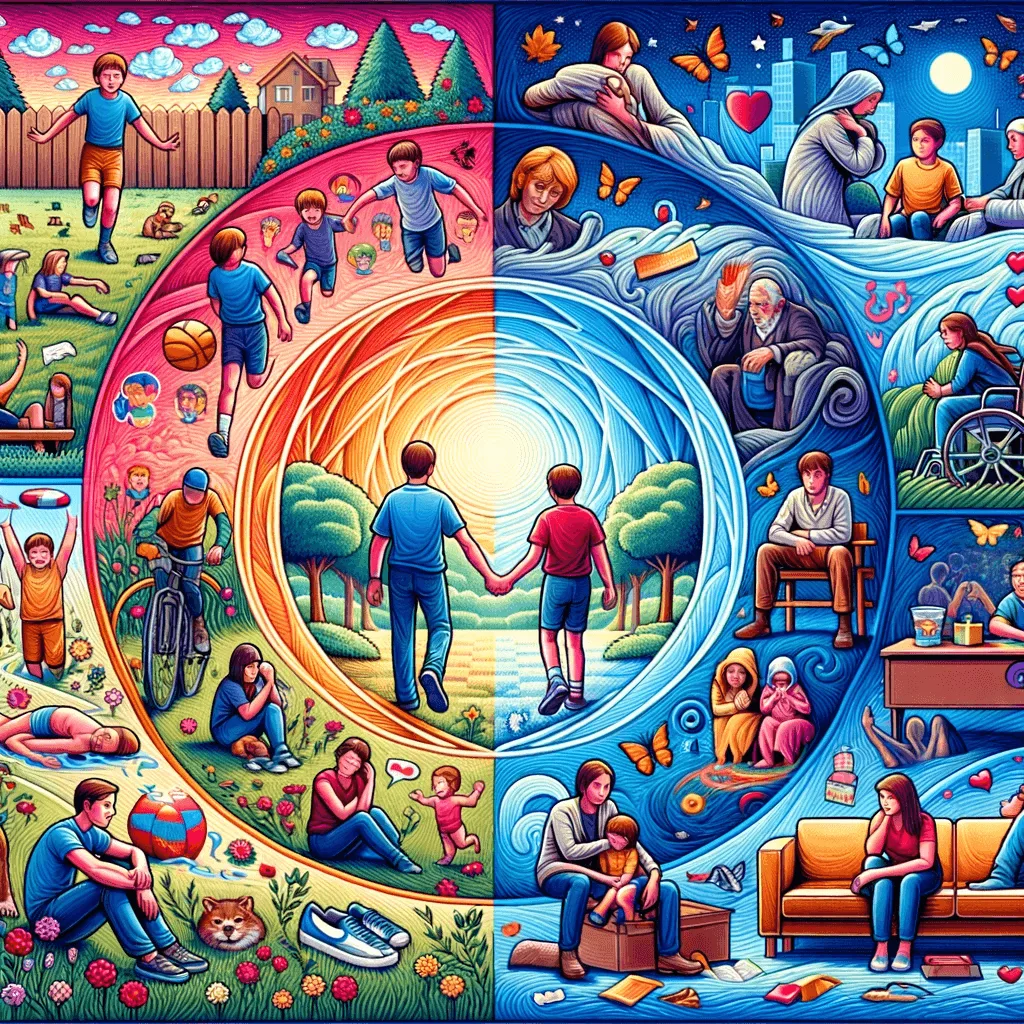
Childhood & Adult Relationship Compatibility
Our childhood experiences, both good and bad, play a pivotal role in shaping our adult relationships. The bonds we form, the lessons we learn, and the wounds we carry from our younger years deeply influence our approach to love, trust, and intimacy in adulthood.
article by Sofia Ferguson
The Role Of Attachment Styles
- Secure Attachment: Children who experience consistent love and support tend to develop a secure attachment style. As adults, they often feel confident in relationships, understanding the balance between intimacy and independence.
- Anxious Attachment: Stemming from inconsistent caregiving, these individuals often feel insecure about their relationships. They may be overly clingy or constantly seek validation from their partners.
- Avoidant Attachment: Those who've felt rejected or overlooked in childhood may develop an avoidant style, preferring to keep emotional distance in relationships.
- Disorganized Attachment: Resulting from traumatic or chaotic caregiving, individuals with this style might feel confused about relationships, displaying a mix of anxious and avoidant tendencies.

Influence Of Parental Relationships
- Modeling Behavior: Children often emulate the relationship dynamics they observe in their parents. Positive role models can set the foundation for healthy relationships, while negative examples might lead to repeating toxic patterns.
- Learning Conflict Resolution: How parents handle conflicts teaches children about communication, compromise, and problem-solving in relationships.
Childhood Traumas & Their Echoes
- Trust Issues: Experiencing betrayal or abandonment in childhood can make it challenging for individuals to trust partners in adulthood.
- Seeking Familiar Patterns: Ironically, some might be drawn to partners who mirror the negative aspects of their caregivers, unconsciously trying to "fix" the past.
- Overcompensating: To avoid repeating their parents' mistakes, some might swing to the opposite extreme, which can create its own set of challenges.

Healing & Growth: The Path Forward
- Self-awareness: Recognizing the impact of childhood experiences is the first step towards healing. Reflecting on one's patterns can lead to deeper self-understanding.
- Therapy: Professional counseling can offer insights and coping mechanisms to address childhood wounds.
- Open Communication: Sharing one's experiences and vulnerabilities with a partner can foster understanding and closeness.
- Continuous Learning: Relationships are a journey of learning and growth. By understanding our past, we can make conscious choices for a healthier future.

Our adult relationships are intricately woven with threads from our childhood. By understanding these influences, we can work towards nurturing relationships that are fulfilling, respectful, and loving, regardless of our past experiences.
Published: 11/1/2023
Modified: 11/23/2023
More predictions
Come back here soon to learn more about yourself and your future





